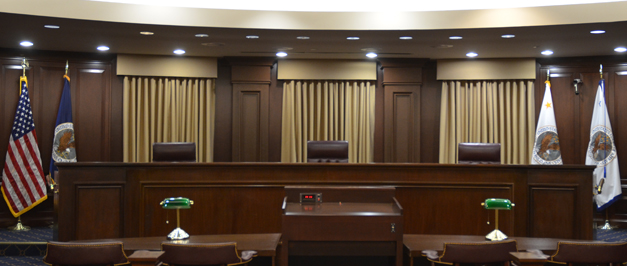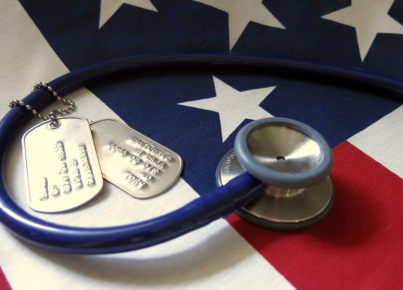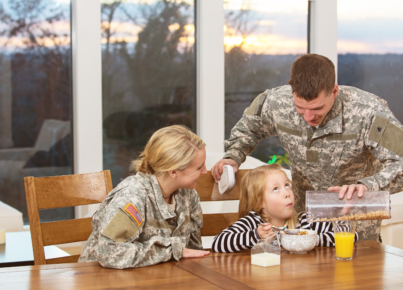Veterans court program: The growing Veterans Justice Outreach program, which has helped ease criminal justice problems for veterans’ across the U.S., is working, but the Department of Veterans Affairs needs to make some improvements for more veterans to participate court program, according to a new watchdog report.
The VA needs to improve training, outreach, and planning, among other actions, according to a new report from the Government Accountability Office.
The report names four key barriers identified by both VA and GAO that justice-involved veterans face in accessing the specialized services through the Veterans Treatment Court (VTC) Improvement Act of 2018. According to GAO’s report, these barriers included Veterans Justice Outreach specialists failing to identify veterans eligible for their services, lack of awareness of the program within jurisdictions, workforce capacity constraints among specialists, and confusion within the veteran community on eligibility. In the jurisdictions where they work, these specialists assist justice-involved-veterans in navigating the courts in order to decrease subsequent risks of recidivism and homelessness.
“VJO officials have said that additional research will help them to identify how VA can improve access to the program and VA services,” Elizabeth Curda, Director, Education, Workforce and Income Security Issues for GAO said in an email to Military Times. “However, VA hasn’t fully demonstrated through its research or other efforts what or where the needs are.”
VTC numbers increasing
Over 50 percent of veterans involved in the justice system live with mental health or substance-abuse issues, according to VA research. GAO notes that arrest and detention can further increase veterans’ risk of mental health conditions and homelessness. This increased risk is, in part, why Veterans Treatment Courts (VTC) were first established in 2008. These courts operate parallel to state and local criminal courts, modeled after drug courts, with staff specifically trained to address needs that veterans facing charges might have. Between 2009 and 2016, the number of these courts in the U.S. grew from 25 to 461. From 2017 to 2019, over 40,000 justice-involved veterans were assisted by the program, according to the Sept. 14 report (that number dropped to just over 36,000 in 2020, but the VA attributes the drop to COVID-19 restrictions).







You must be logged in to post a comment.